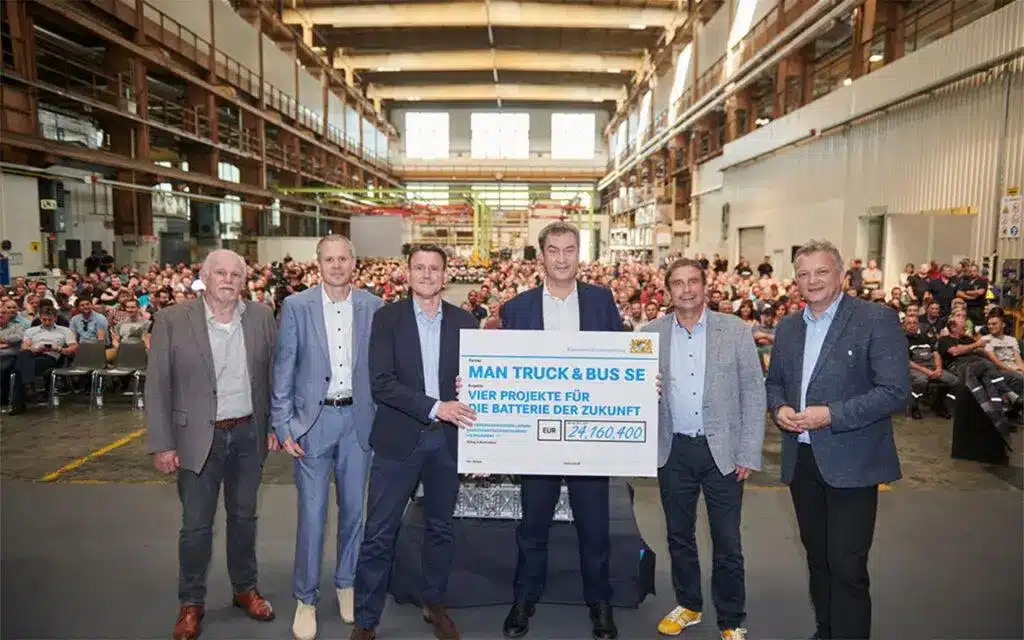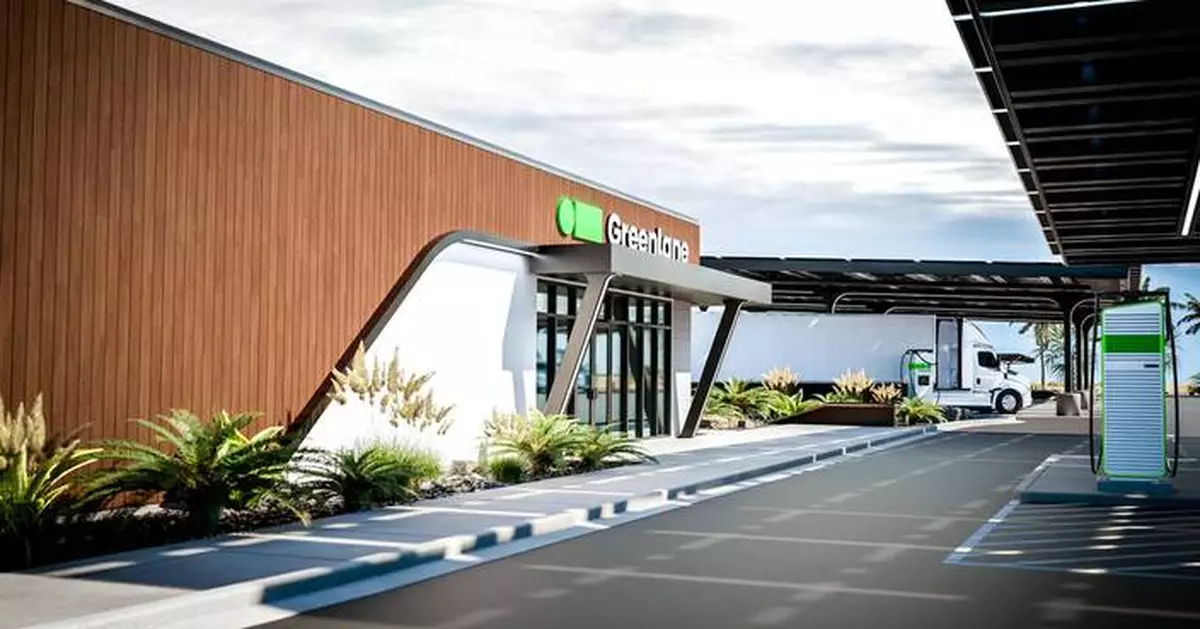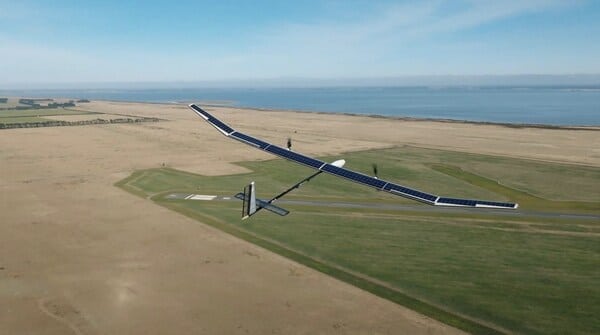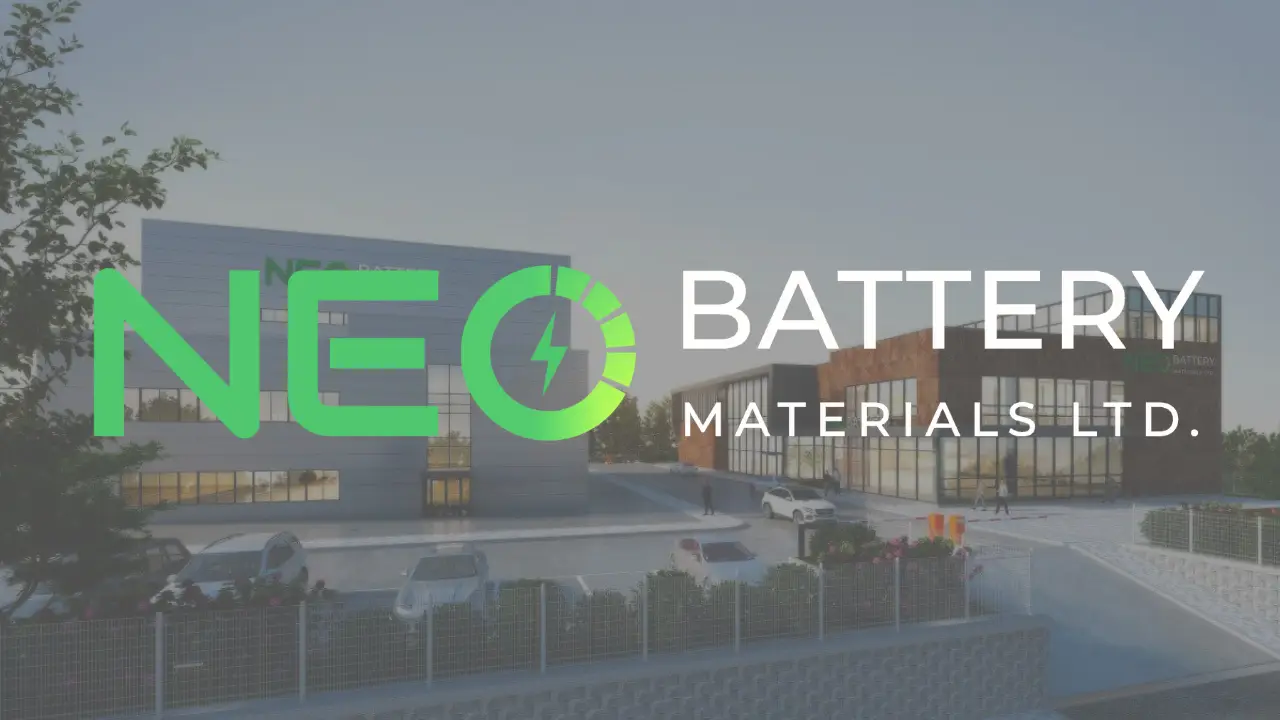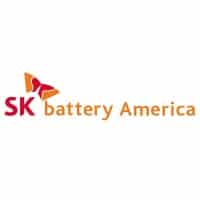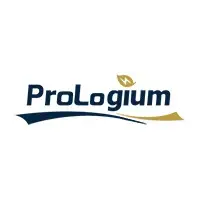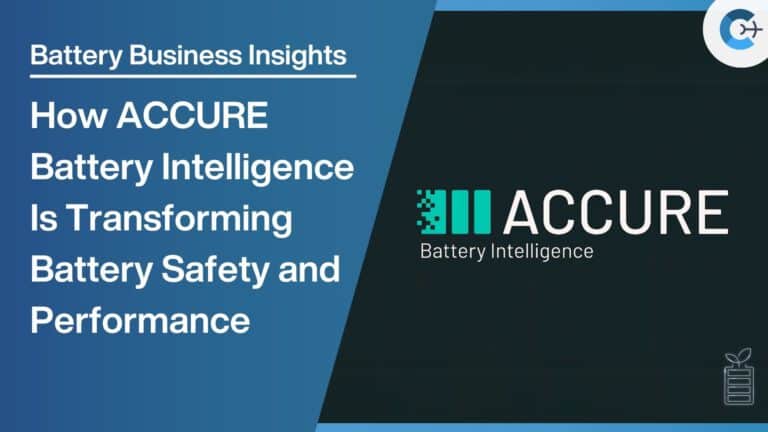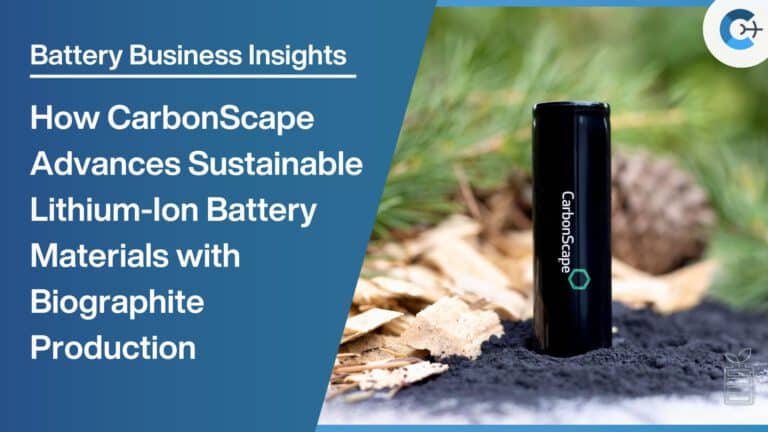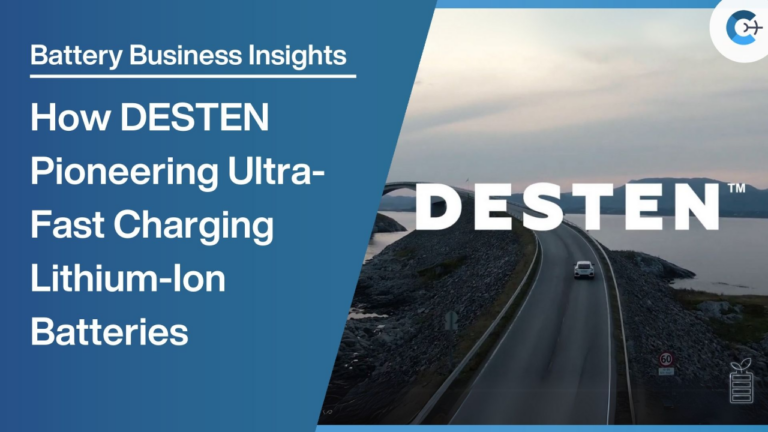The batteries produced will be installed in MAN’s new eTruck, the first unit of which was delivered in October. These batteries will also be used in urban buses and, in the future, electric coaches as they are added to the product range.
The Nuremberg facility will focus on assembling battery housings and packs. Delivered battery cells will be grouped into modules and assembled into complete battery packs. MAN utilizes lithium-ion modules containing nickel, manganese, and cobalt. The eTruck can be equipped with up to seven battery packs based on customer requirements, directly affecting the vehicle’s range.
Currently, the plant is producing battery packs on a small scale in anticipation of the new production line’s completion. The facility will feature over 50 manual and automated assembly stations, along with seven quality assurance test stands. Installation of initial production systems is already underway. From April 2025, the first phase aims to manufacture up to 50,000 batteries annually, with plans to increase capacity to 100,000 high-voltage units per year.
MAN is investing approximately €100 million in the new facility, covering costs for logistics, infrastructure, buildings, and production systems. This investment is expected to create 350 local jobs, which MAN refers to as “jobs in future technology.”
Alexander Vlaskamp, CEO of MAN Truck & Bus, stated: “The drives of the future are being created in Nuremberg. Not only are we developing batteries here, but in a few months’ time, we will also be using the latest technologies to mass-produce them. The topping-out ceremony is an important milestone for our company on the road to the major transformation towards electromobility. And it is also a clear commitment by MAN to Bavaria and Germany as a business location. This was made possible by close collaboration between the company, our works council, and Bavarian politicians.”
The German state of Bavaria is supporting research and development of battery technology at MAN’s Nuremberg facility with approximately €30 million. This support has enabled the integration of laser-welded cells, which MAN describes as the “most innovative, efficient, and gentle production technology in battery module construction.” Utilizing an 8 kW disc laser, robot-guided optics, and highly precise sensors, individual battery cells are electrically connected with exceptional precision and quality. MAN is collaborating with the Technical University of Munich to advance this technology for future generations of batteries.
Source: Electrive

